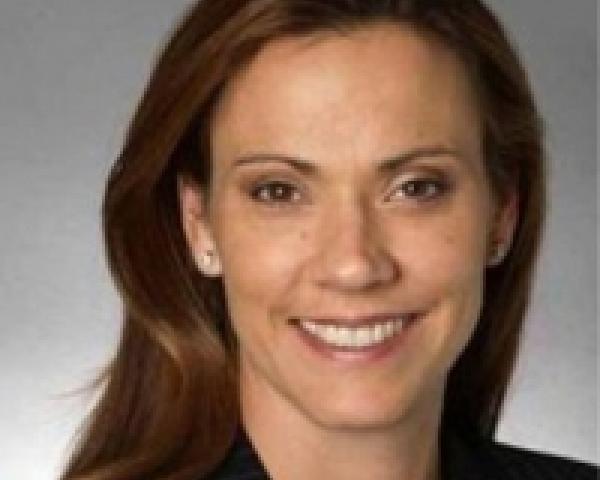Does your company have a "look" or standard of dress it requires in the workplace? No hats, or maybe no beards? Can you deviate from the dress code?
Increasingly, employees and applicants for employment are making "failure to accommodate" claims on the grounds that they were discriminated against based on their need for a change or exception to a workplace grooming or dress policy. Examples of religious discrimination or failure to accommodate can include: not hiring the applicant because she doesn't fit the company's "look" or placing an employee in a non-customer-facing position because of religious attire or grooming (e.g., long beard, piercings, head scarf ).
The law
Title VII of the Civil Rights Act of 1964 ("Title VII"), 42 U.S.C. § 2000e, et. seq., as amended, prohibits employers with at least 15 employees from discriminating in employment hiring, recruitment, promotion, benefits, training, job duties, termination or any other aspect of employment on the basis of religion. It also prohibits retaliation for complaining of religious discrimination or for participating in the investigation of such claims, and for denying reasonable accommodations, including accommodations for religious attire or grooming standards. It is the EEOC's position that an employer is required to reasonably accommodate an employee's religious beliefs or practices, unless doing so would cause more than a minimal burden on the operations of the employer's business.
Title VII only provides protection to sincerely held religious beliefs and practices about dress code. These protections are broadly interpreted and cover not only traditional religious beliefs but also those that are new and uncommon. If an employee merely makes such a request for accommodation based on personal preference rather than religious belief, there are no Title VII protections or implications. However, the requirement that employers and their management learn to distinguish between these two types of requests can be daunting and dangerous in light of the litigious society we live in.
Recent case
In February 2015, the United States Supreme Court heard arguments in a case filed against Abercrombie & Fitch, where a Muslim applicant was rejected after wearing a head scarf (known as a hijab) to an interview, based on the hiring manager's belief that such covering violated the company's rigid "look" policy, which forbids caps and hats. The applicant never asked for an accommodation, and the employer never opened a dialog as to whether a reasonable accommodation to the dress code would be necessary. Once a ruling is issued, we hope the Supreme Court will provide guidance as to when an employer has any obligation to open dialog about religious accommodation without the employee or applicant making such a request.
Takeaway
To ensure compliance with the law, employers must be informed and vigilant when applying workplace uniform, "look" or grooming policies, particularly as they apply to employees or applicants in need of a religious accommodation. Management or hiring decision makers should be trained on how to implement religious accommodation requests, specifically, learning to identify and understand religious clothing accommodation requests and how to properly engage in such discussion. When in doubt as to the proper handling of a religious clothing accommodation, we suggest that you contact a labor and employment lawyer before making employment decisions. Your attorney can also help identify potential pitfalls in uniform, look or other clothing policies. Further, a well-designed employment practices liability (EPL) insurance policy should be purchased to mitigate potentially costly financial damage, should you be faced with a discrimination suit based on religious dress or grooming.








